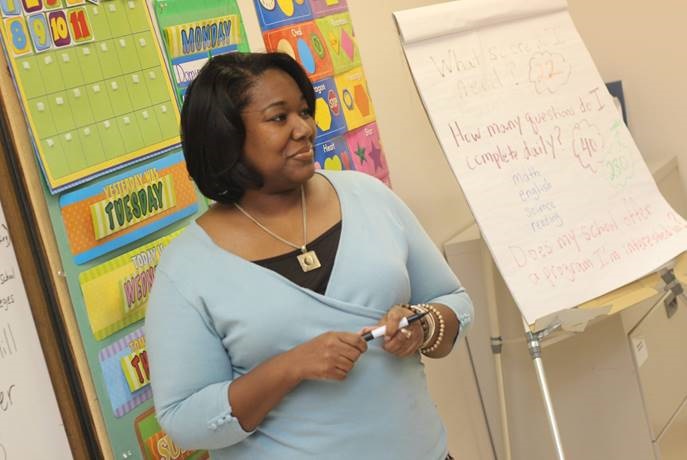
Is rewiring the brain a bad thing?
19th December 2019
The 4IR – Run? Hide? Teach?
19th December 2019‘Yes, that’s me! A technophobe born before technology – there is no way I can use digital technology in my classroom!’
Do you have someone in your staffroom who, whenever digital technology in education is raised says: ‘I was born before technology!’?
Or perhaps you have some people who use the psychological approach to get out of using technology knowing that we should be kind to people who have phobias like claustrophobia or agoraphobia or fear of snakes hoping to get sympathy and say: ‘I am a technophobe!’
Do you get frustrated with them? Or are you reading this and thinking, ‘Yes, that’s me! A technophobe born before technology – there is no way I can use digital technology in my classroom!’
A key part of my job is contributing to the professional development of teachers as they prepare themselves to become competent and confident users of digital technology in their classrooms.
I often work with them as they start this journey and need to master the skills and knowledge of personal use of the technology. And, without fail, there is someone who was born before technology or claims technophobia.
Let’s look at how to deal with each:
Teacher: I was born before technology.
Me: Wow! You are over 220 years old! When are you going to retire?
Teacher: No, that’s ridiculous. I am not that old!
Me: Well, probably the first significant classroom technology that is closest to the way we use digital technology now, was invented in 1800. A Scottish Geography teacher wanted to show a whole map to his class. So, he took a few slates – you know those things many of us wrote on in grade 1? – and sewed them together. And then we had the chalkboard! For the first time the teacher had a way to focus everyone’s attention and a way to provide information to everyone at the same time. Now, you are telling me you were born before the chalkboard?
Teacher: Well … no.
Me: And you know, people were shocked and horrified at the invention. Seriously. Children would go blind staring at the board. Children would forget how to memorise things or the teacher would not be able to see who was paying attention, or … the list was endless. Just like now, teachers had to learn how to use the chalkboard effectively. How to write at the correct size, how to manage what was on the board for different classes, how to manage the amount of space they had, how to keep learners’ attention. Sort of sounds like what happens when we introduce digital technology doesn’t it?
Teacher: Yes.
I now turn to the technophobe and ask:
Me: Do you have a telephone? A washing machine? A microwave oven? A watch?
Teacher: Yes, I have all of those things.
Me: And you do not have an extreme or irrational fear of any of them? A fear that is so bad that you will go to a lot of trouble just to avoid them?
Teacher: Well, no …
Me: And when you got your first phone did you open the box or try avoid it for years and years?
Teacher: No, I was excited.
Me: So, could it be that perhaps you are not a technophobe? That perhaps you just need to learn how to use the digital technology in your classroom like you learned to use your phone? Maybe making a mistake here and there – dialling the wrong person or cutting someone off? But still using it?
Teacher: Well …
I wonder if you thought you were born before technology or were a technophobe what you think now? Or if you know one of these people, if you could try one of these techniques on them?
In another post we will explore some of the real fears that teachers have about using technology, and also explore a way to use technology effectively in the classroom using a theory called TPACK.




